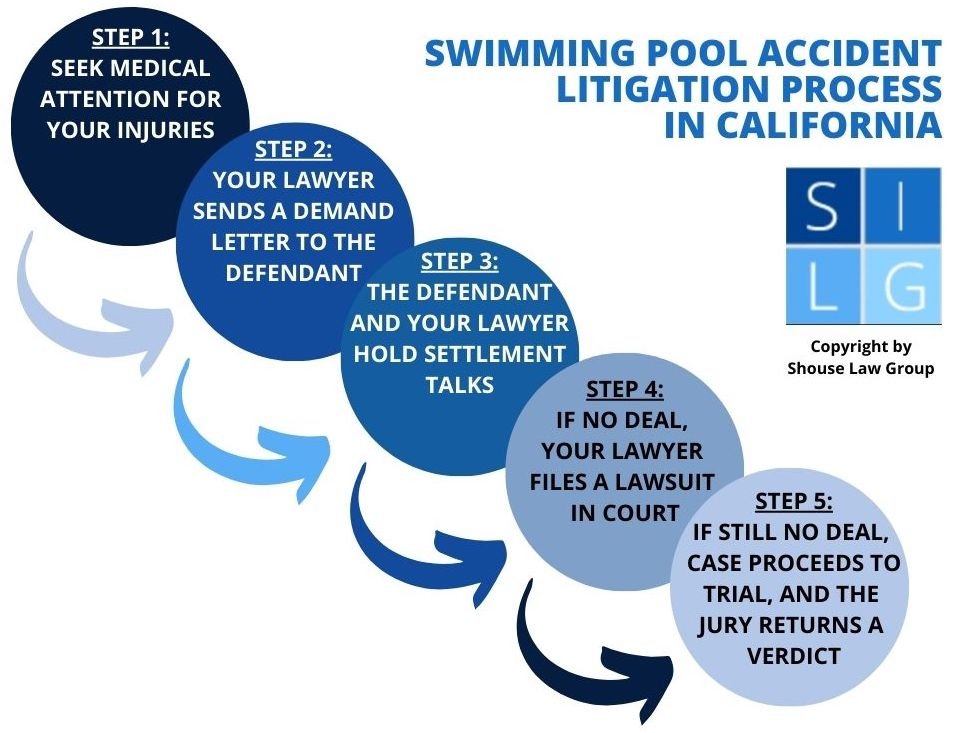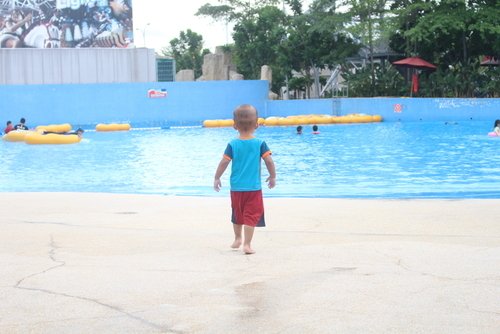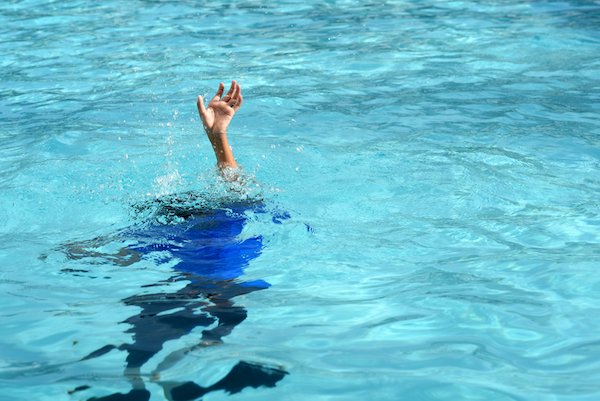
In California, a swimming pool injury lawsuit is a personal injury claim against the owner or manager of a pool for an incident that happened at the pool. In many cases, these lawsuits are wrongful death claims filed on behalf of someone who drowned in the pool.
Many swimming pool injury lawsuits claim that the injuries were caused by someone’s negligence, or that the pool’s owner should be held accountable under the law of premises liability. These lawsuits seek compensation for your:
The following flowchart shows the progression of a swimming pool injury lawsuit in California.

In this article, the California swimming pool injury lawyers at Shouse Law Group discuss these topics:
- 1. Common Swimming Pool Injuries
- 2. Private vs. Public Pools
- 3. Who Can Be Held Liable
- 4. Negligent Supervision
- 5. Damages
- 6. Wrongful Death
- Additional Resources
1. Common Swimming Pool Injuries
There are a lot of ways to get hurt in a swimming pool. Some of these injuries are minor:
- Abrasions and scrapes from slipping and falling outside the pool,
- Broken bones from falling, or
- Slipping on the diving board.
However, there are also plenty of severe or even fatal injuries that can happen at a swimming pool:
- Drownings,
- Near-drownings that end with permanent injuries, including brain damage, or
- Broken spine or neck from diving into a shallow part of the pool.
In California, 12,588 state residents died from drowning between 1991 and 2020. According to the Centers for Disease Control (CDC), every year there are about 4,000 drowning deaths in the U.S.1
Unintentional drowning is the fifth-leading cause of death in the U.S. Sadly, one out of every five unintentional drowning victims is a child under the age of 14.2

One of the leading causes of death for young children is drowning.
2. Private vs. Public Pools
In California swimming pool injury lawsuits, the type of swimming pool is very important. There are two kinds:
- Private swimming pools, which are located on private property and owned and maintained by the owner of the premises, and
- Public swimming pools, which are located on public property and owned and maintained by the local government or one of its agencies, often a parks and recreation department.
While the type of swimming pool is not likely going to alter the nature or extent of your injuries, it will drastically alter how your resulting lawsuit moves forward.
Private Swimming Pools
Under California’s premises liability laws, pool owners have a responsibility to keep you safe on their property. It does not matter whether the owner is:
- an individual,
- a company like a hotel, or
- a landlord that provides pools at apartment complexes and rental properties.
In cases where the pool owner has homeowner’s insurance that covers swimming pool accidents, your lawsuit would also be filed against the insurance company.
Public Swimming Pools
Personal injury lawsuits that stem from accidents in a public swimming pool are far more complex because they are filed against a public entity. As with anything involving government in California, there are many procedural hurdles that complicate the lawsuit.
Additionally, there are often caps on the amount of compensation that your lawsuit can win.
3. Who Can Be Held Liable
In California, property owners are required to keep their property, including their swimming pool, in a reasonably safe condition. Failing to do so, and failing to warn about any non-obvious hazards, can make those property owners accountable for the injuries you sustain in or around the swimming pool.3
When determining whether property owners took reasonable care to keep you safe, courts look to such circumstances as:.
- Whether there was a fence around the pool,
- Whether it was foreseeable that children would try to access the pool,
- Whether the pool was an above-ground pool or below-ground pool,
- The presence of locks on any gates allowing access to the pool, and
- A history of people gaining access to the pool in the past.
4. Negligent Supervision
California law allows you to bring “negligent supervision” claims against a swimming pool owner/operator if the accident was caused in whole or part by a lack of supervision.4
Negligent supervision claims are common when the injuries occurred in a public pool or park that is supposed to have lifeguards. Lawsuits based on negligent supervision claim that:
- the lifeguards failed to do their job, or
- there was no sign that lifeguards were off duty.

Near-drowning accidents can cause brain injuries requiring lifelong home health care.
5. Damages
If you suffered a swimming pool injury in California, you may be able to sue for the following compensatory damages:
- Past medical expenses you have already incurred,
- The cost of future care, including long-term in-home care (common in cases with sustained brain damage),
- Wages and other forms of income that have been lost during the recovery process,
- Inability to earn a living in the future, and
- Pain and suffering, such as mental anguish and disfigurement.
6. Wrongful Death
Where your family member died in a pool accident, you can file a wrongful death lawsuit on their behalf to recover:
- Funeral expenses,
- Loss of consortium and companionship, and
- Loss of financial security and the victim’s missed income.
California’s statute of limitations to bring a wrongful death lawsuit is two years after the death.5
Additional Resources
For swimming safety tips, refer to the following:
- Drowning Prevention & Facts – The American Red Cross’s page on drowning prevention tips and facts.
- Safety Tips – Safe Kids Worldwide’s page with drowning prevention tips for parents and caregivers.
- Drowning Facts – Centers for Disease Control and Prevention (CDC) fact sheet on unintentional drownings.
- Water Safety for Parents – Johns Hopkins Medicine’s overview of drowning causes, risk factors, and prevention.
- A Review of Interventions for Drowning Prevention Among Adults – Scholarly article in Journal of Community Health.
Legal References:
- Drowning Key Facts, California Water Safety Coalition. Drowning Data, Centers for Disease Control and Prevention. See also, “National Center for Injury Prevention and Control: Web-based Injury Statistics Query and Reporting System (WISQARS).”
- See note 1.
- Ann M. v. Pacific Plaza Shopping Center (1993) 6 Cal.4th 666, 863 P.2d 207 (“In this state, duties are no longer imposed on an occupier of land solely on the basis of rigid classifications of trespasser, licensee, and invitee. The purpose of plaintiff’s presence on the land is not determinative. We have recognized, however, that this purpose may have some bearing upon the liability issue. This purpose therefore must be considered along with other factors weighing for and against the imposition of a duty on the landowner.”)
- CACI” 426 – Negligent Hiring, Supervision or Retention of Employee.
- California Code of Civil Procedure 377.60. California Code of Civil Procedure 335.1 CCP.
